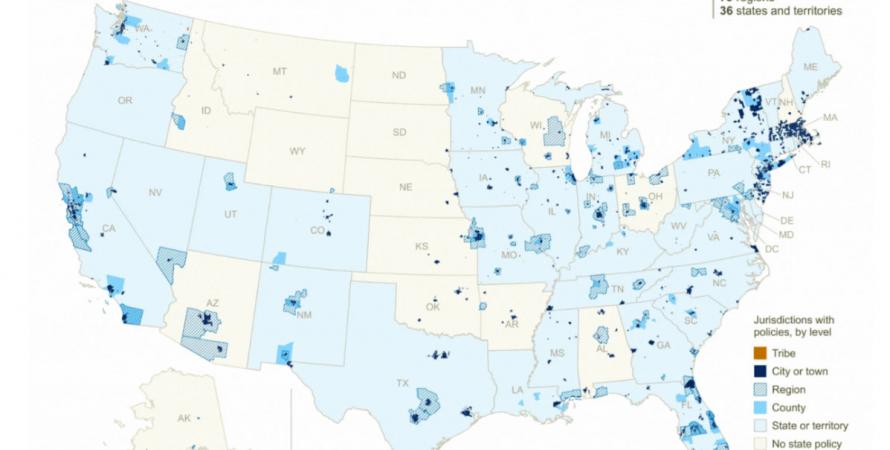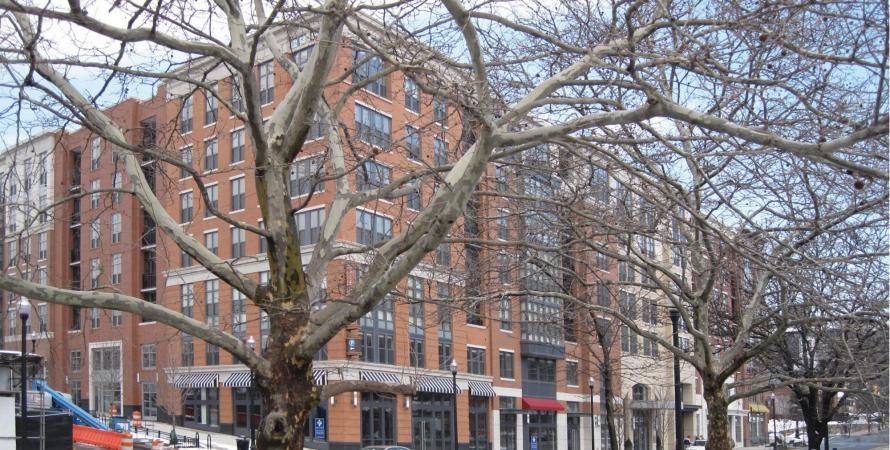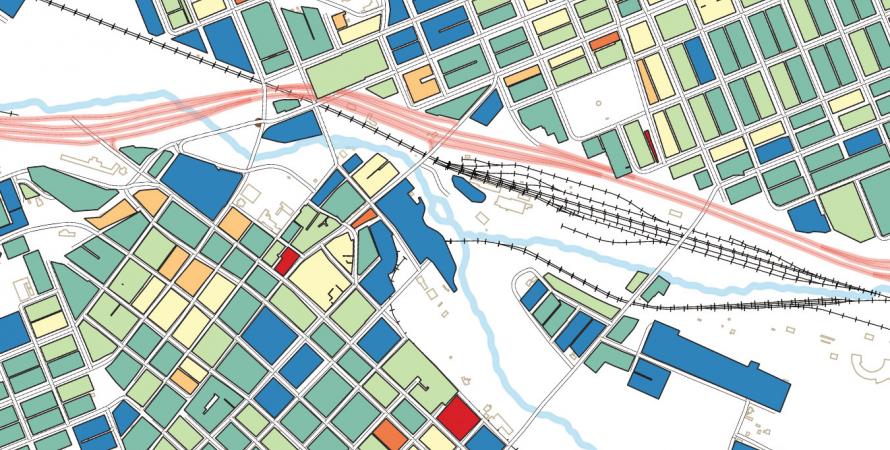-

US DOT releases ‘Climate Strategies that Work’
The federal government offers a resource of 27 options, building on the recommendations of CNU.The US DOT has released the Climate Strategies that Work Playbook , building on its 2023 National Blueprint for Transportation Decarbonization, recognizing the role of land use and transportation planning in climate change. CNU provided insights and recommendations for a report to Congress that...Read more -

Complete streets: What went wrong?
Law professor Michael Lewyn has written a comprehensive and readable analysis of the complete streets movement, why it has failed to transform America’s streets, and what can be done.The term “complete streets” was invented by staff members of national bicycle and smart growth advocacy organizations in 2003, and it was brilliantly effective in terms of moving legislation. Complete street policies have been the most adopted category of laws impacting transportation and the built...Read more -

Twenty years of retrofit with a form-based code
The regulations to transform the Columbia Pike suburban strip in Arlington were a milestone for form-based codes. A gathering of urbanists reviewed ongoing progress with 3,400 housing units, mixed-use, and public space built in the last 20 years.On September 28 th , the CNU DC | Mid-Atlantic Chapter of urbanists held a 20-year review and walking tour of the form-based code (FBC) for a former 3.5-mile strip-commercial portion of Columbia Pike in Arlington County, Virginia. The Pike aligns with the Pentagon, which employs 26,000 military...Read more -

An adaptable zoning proposal for walkable cities
Contemporary zoning envisions cities in a finished state—we need codes that constantly adapt to the changing urban landscape, which is the idea behind “metrocoalescence.”Zoning has a vice grip on the housing market across the country; we need to shift the basic logic underlying zoning to create a lasting shift in the urban housing market and to produce classical patterns of urban development. In spite of ample literature criticizing zoning and describing what good...Read more